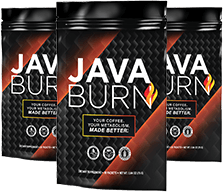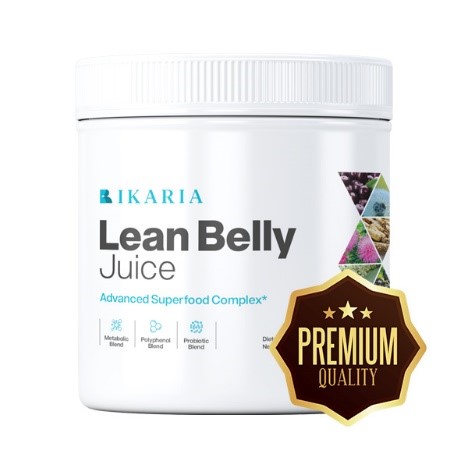Alzheimer’s illness doesn’t seem in a single day. It builds silently over a long time. And now, scientists say one stunning issue may be accelerating that decline: nanoplastics.
In a brand new preclinical examine printed in Environment and Health, researchers from Monash University and South China University of Technology discovered that publicity to polystyrene nanoplastics aggravated Alzheimer’s-like signs in mice. The findings recommend that neurological injury might not be restricted to the mind. It might unfold by the gut-liver-brain axis, making a cascade of irritation and degeneration.
“These nanoplastics set off a chain reaction whereby Alzheimer’s disease develops and spreads from the top down,” said Pu Chun Ke, adjunct professor at Monash Institute of Pharmaceutical Sciences.
What Are Nanoplastics and Why Should You Care?
Nanoplastics are microscopic fragments that consequence from the breakdown of on a regular basis plastics—water bottles, food wrappers, and artificial clothes. They’re smaller than 5 millimeters and almost not possible to keep away from. Studies have found them in human blood, lungs, mind tissue, and even breast milk.
The mice within the examine didn’t simply develop irritation within the mind. They additionally confirmed indicators of fatty liver illness, that means the plastics prompted systemic injury, not simply cognitive decline.
For males over 40 targeted on long-term efficiency and psychological readability, this analysis highlights a rising concern: environmental toxins could also be quietly affecting your mind health.
You’re Already Exposed
The unhealthy information? You’re in all probability already carrying nanoplastics in your system. Whether it’s from microplastic mud within the air or chemical compounds leaching out of your protein shaker, publicity is in every single place.
The excellent news? There are just a few easy steps you possibly can take to cut back the every day load.
What You Can Do Right Now
- Ditch the bottled water. Use chrome steel or glass.
- Stop microwaving in plastic. Heat accelerates chemical leaching.
- Check your food storage. Go BPA-free or use ceramic containers.
- Filter your water. Look for filters that take away microplastics.
- Vacuum and dirt frequently. Microplastic particles accumulate indoors.
This isn’t fear-mongering. It’s a reminder that efficiency and prevention go hand in hand. If you’re already investing in your health, that is yet one more issue price contemplating.

















Discussion about this post